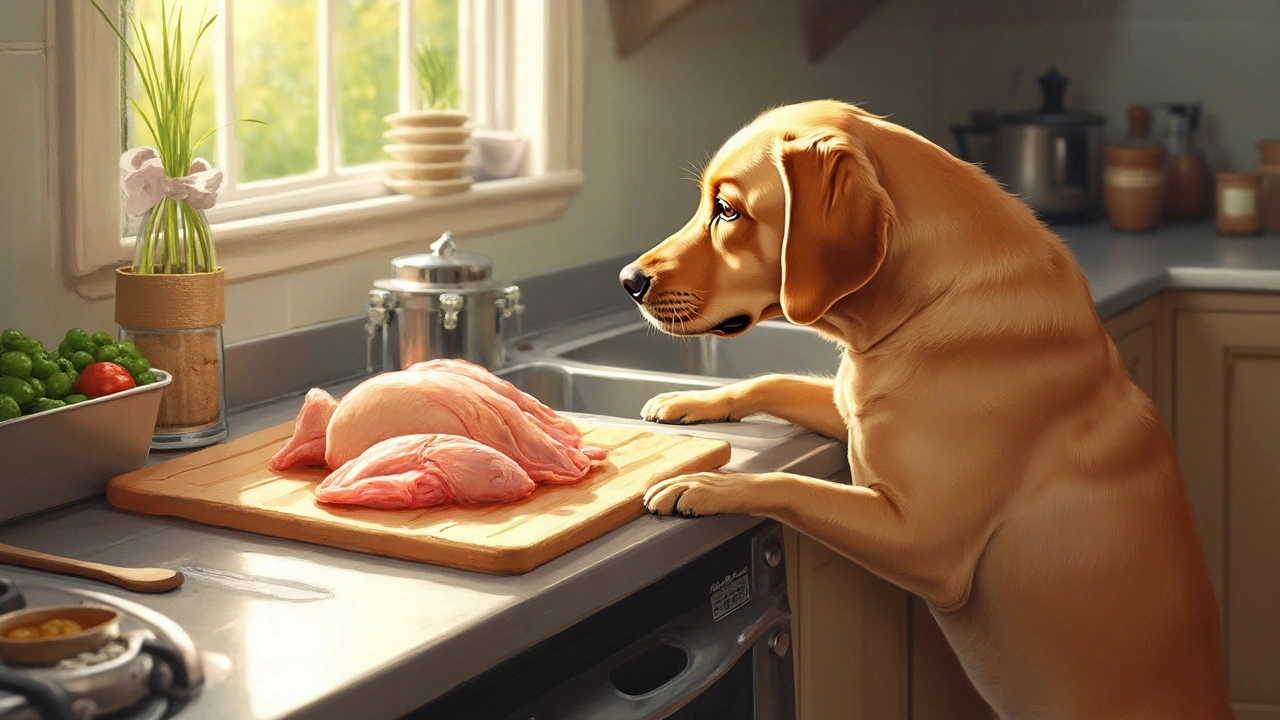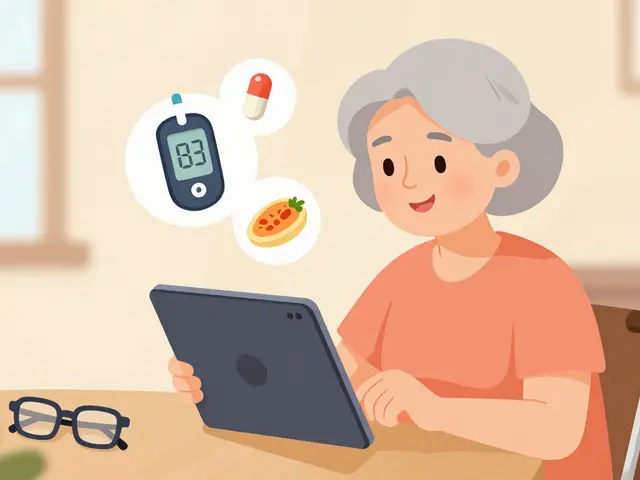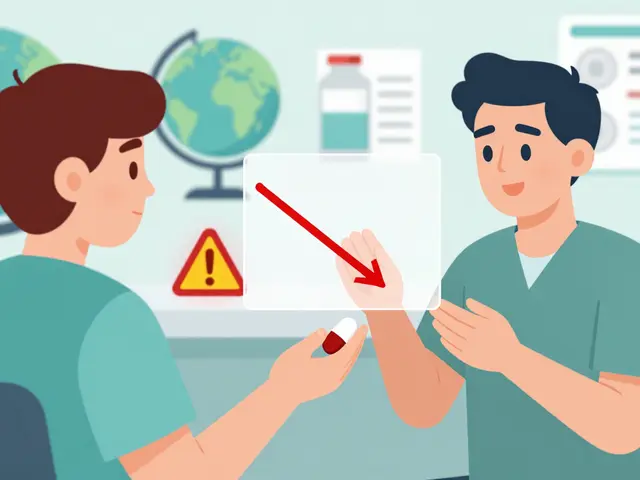Prevent Salmonella in Dogs and Cats – Simple Tips
Salmonella is a nasty bacteria that can make your pet vomit, have diarrhea, and feel miserable. It’s also something you can catch from your pet, so stopping it matters for both of you. Below are the most effective, everyday actions you can take to keep your dog or cat safe.
What is Salmonella and Why It Matters
Salmonella lives in raw meat, eggs, contaminated water, and even in the environment where other animals have been sick. Dogs and cats usually pick it up by eating something raw or by sniffing around garbage. Once inside the gut, the bacteria cause inflammation that shows up as loose stools, fever, or loss of appetite. In healthy adult pets the illness often clears up on its own, but puppies, kittens, and immune‑compromised animals can become seriously ill.
Everyday Steps to Stop Infection
1. Cook all meat thoroughly. If you feed your pet a raw diet, switch to a balanced commercial food or cook the meat to at least 165°F (74°C). This kills any hidden bacteria.
2. Keep food bowls clean. Wash bowls with hot, soapy water after each meal. Rinse well and let them air‑dry. A quick rinse isn’t enough; bacteria love leftovers stuck to the surface.
3. Store pet food safely. Keep dry kibble in a sealed container and refrigerated food in the fridge. Never leave opened bags on the floor where flies can land.
4. Hand‑wash after handling raw food. Treat raw meat preparation the same way you would handle raw chicken for yourself. Wash hands with soap for at least 20 seconds, then use a separate towel to dry them.
5. Limit access to garbage. Dogs love to dig through trash, but that’s a fast track to infection. Secure trash cans with tight lids and keep them out of reach.
6. Clean up after your pet. Pick up poop promptly, especially in parks or shared spaces. Dispose of it in a sealed bag and wash your hands afterward.
7. Stay on top of vaccinations and vet visits. While there’s no vaccine for salmonella, regular check‑ups let vets spot early signs of infection and give you tailored advice based on your pet’s health.
8. Be cautious with treats. Buy treats from reputable brands, avoid giving raw bones, and never feed table scraps that haven’t been cooked.
9. Keep water fresh. Change drinking water daily and clean the bowl. Stagnant water can become a breeding ground for bacteria.
Implementing these habits takes only a few minutes each day, but the payoff is big – fewer sick days for your pet and less risk for you.
If you notice vomiting, watery diarrhea, or a fever in your dog or cat, call your veterinarian right away. Early treatment can prevent dehydration and complications. Remember, prevention is easier and cheaper than treatment, so stick to the simple steps above and enjoy a healthier life with your furry friend.
Learn how salmonella spreads to pets, spot symptoms early, and follow practical steps to keep dogs, cats and other companions safe.



 Medications
Medications




